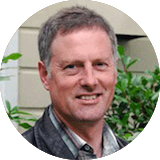Semi-plenary session - Rethinking higher education frameworks in times of crisis: students and professors commitments
Abstract
Socio-ecological issues have been appropriated, to varying degrees, by all our institutions, including academic sphere, not only regarding research but also teaching and training. This echoes youth environmental movements and their use of scientific arguments to justify actions at all levels. Therefore we should envision the question of crises and futures of rural areas and agriculture through the lens of research fields but also of teaching activities and university training. This semi-plenary session will question both students and of professors’ expectations regarding the possible and undoubtedly necessary evolution of training in rural studies lato sensu. What we teach to and discuss with students is not neutral. The challenge is to adapt university courses to this (new) context of crisis and uncertainty, which could be the daily concern of future professionals getting prepared in our academic institutions. We propose three presentations related to those topics and we also want to open the discussion to experiences from the audience.
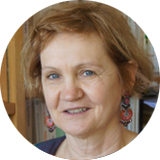
The first intervention refers to a tribune published in one of the main French newspapers by sociologists and other academics to respond to French president E. Macron’s proposition to focus agricultural education toward genomics, robotics and digital technology. Authors underline the need for more open approaches to sustainable and desirable transition objectives.
Nathaly Joly (L'Institut Agro)
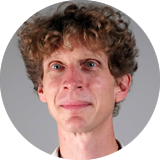
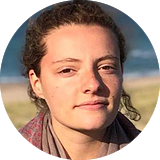
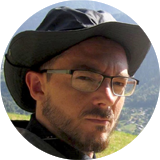
The second contribution presents a study carried out over a thousand students in agriculture schools in France regarding their knowledge on transitions and their related expectations in terms of education programs. Students’ profiles show that most of them are expecting to be better trained to the issue of crises and transitions and are relatively ready to get involved in those themes.
Ph. Boudes, Line Rondard (L'Institut Agro), Cyprien Tasset (Vetagrosup)
The third and concluding intervention will suggest both a comment on the previous presentation and an experience as a rural sociologist professor showing that teaching is anything but mundane and we have to analyse its invisible and visible power related to rural areas and agriculture in times of crisis
Hugh Campbell (Otago University)
We will then extend the discussion to experiences from the colleagues within the audience.
